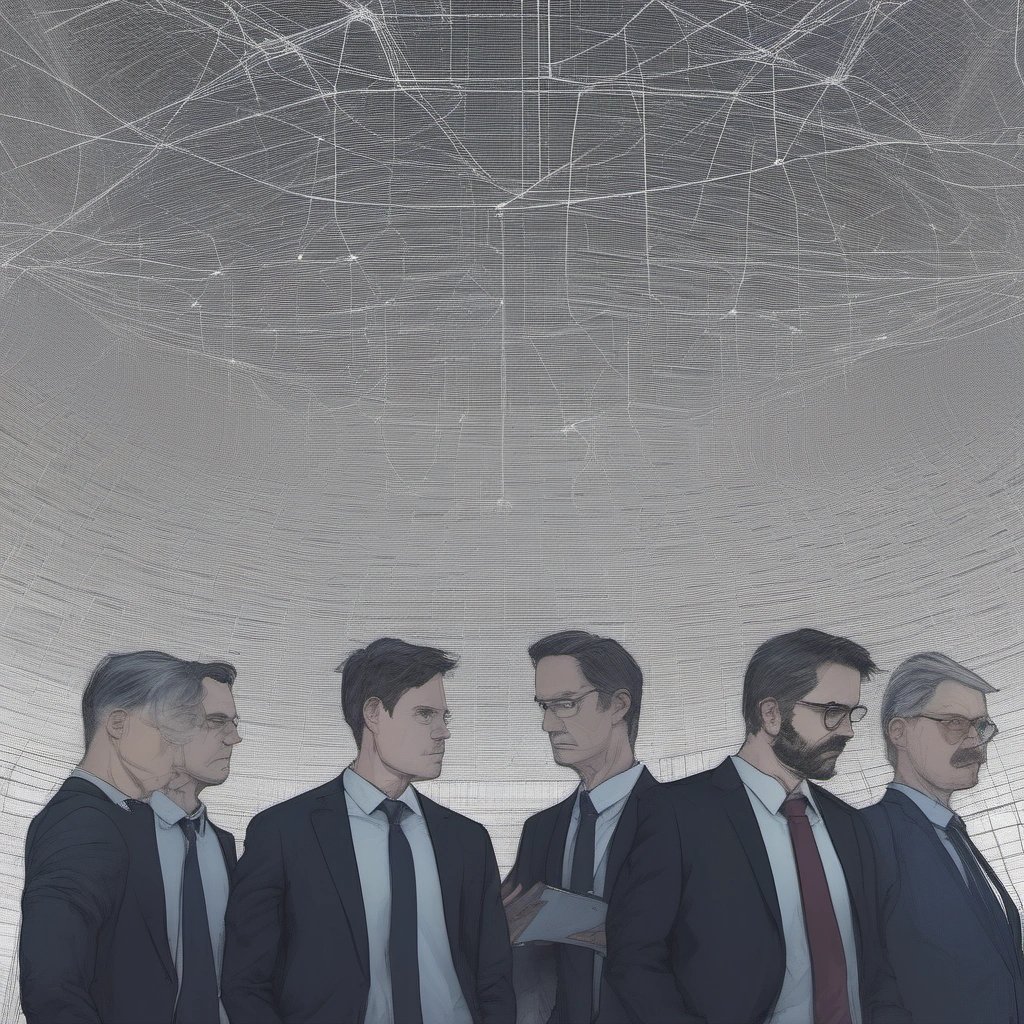In a move that has left conspiracy theorists doing victory laps and privacy advocates reaching for their tin foil hats, government officials have unveiled a groundbreaking new data collection initiative ominously titled 'All Your Data Are Belong to Us'. The initiative, touted as a bold step towards ensuring national security and safeguarding public interest, has sparked a flurry of reactions ranging from bewilderment to downright panic.
The unveiling ceremony, which took place in a dimly lit room resembling a Bond villain's lair, saw high-ranking officials clad in dark suits and slicked-back hair confidently announcing the government's intention to collect every possible piece of data from its citizens. The rationale provided was that by hoarding this data in a secure, undisclosed location (most likely a bunker deep beneath a mundane government building), the country would be shielded from an array of nebulous threats, including but not limited to alien invasions, rogue AI uprisings, and overly enthusiastic pancake eaters.
The 'All Your Data Are Belong to Us' initiative, according to the officials, is a visionary leap into the future, where privacy is so last season and data collection is the newest fashion statement. Citizens are encouraged to embrace this initiative with open arms, preferably while waving their smartphones in a synchronized manner to ensure complete data synchronization.
However, not everyone is thrilled about the prospect of their intimate data, quirky search histories, and embarrassing childhood photos being stored in a government-controlled data behemoth. Privacy advocates have raised concerns about the implications of such a massive data collection program, with one particularly vocal advocate citing that 'Big Brother is no longer watching – he's documenting, analyzing, and probably preparing a PowerPoint presentation on our last pizza order'.
While government officials have assured the public that the data will be handled responsibly (insert obligatory wink and finger-crossing here), citizens are left to grapple with the unsettling reality that their deepest, darkest secrets may one day be the subject of a riveting government data analysis report. In what can only be described as a poetic twist of fate, the phrase 'All Your Data Are Belong to Us' has swiftly evolved from a curious announcement to a cautionary tale for the digital age.
As citizens come to terms with the new normal of ubiquitous data collection, one thing remains abundantly clear – in the eyes of the government, all your data are indeed belong to them. And who are we to argue with such impeccable grammar and authoritarian flair?


